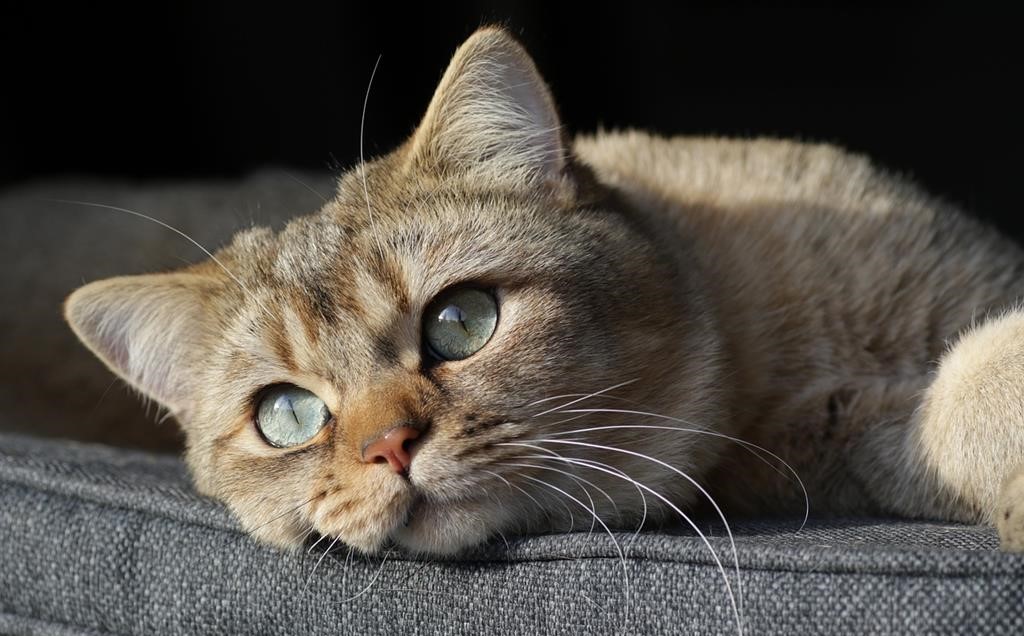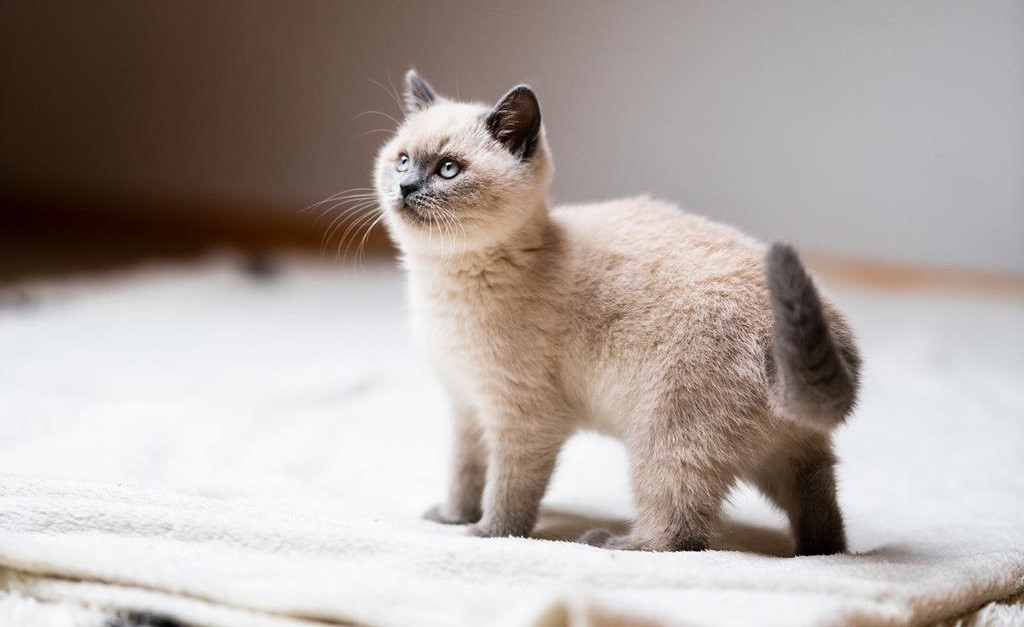Cats typically live between 12 to 16 years on average, but can live up to 20 years or more with proper care and a healthy lifestyle. Cats are beloved pets known for their independence, agility, and curiosity.
As a cat owner, it is natural to wonder about the lifespan of these adorable feline companions. So, how long do cats live? On average, cats live between 12 to 16 years. However, with proper care and a healthy lifestyle, cats can sometimes live up to 20 years or more.
Several factors can influence a cat’s lifespan, including their breed, genetics, diet, exercise, and overall health. Understanding the general lifespan of cats can help cat owners provide the best care possible and ensure the longevity of their beloved pets.
Factors Influencing Cat Lifespan
Cats’ lifespan is influenced by various factors, including genetic predispositions. Genetic factors play a significant role in determining how long a cat lives. Certain breeds are more prone to specific health conditions that can affect longevity. For instance, some breeds may have a higher risk of developing heart disease or kidney problems.
Diet and nutrition also impact a cat’s lifespan. Providing a balanced diet with essential nutrients is crucial for their overall health and well-being. Additionally, the environment and lifestyle choices greatly affect a cat’s lifespan. Exposure to toxins, stress, and lack of exercise can all contribute to shorter lifespans.
Creating a safe, stimulating, and enriching environment can promote a longer and healthier life for cats.
The Average Lifespan Of Cats
The average lifespan of cats varies depending on factors such as genetics and lifestyle. Domestic cats, contrary to stereotypes, can live quite long. Typical lifespan ranges for cats are around 10 to 15 years, but many cats live well into their late teens or even early twenties.
Some breeds have exceptional longevity, with reported lifespans of up to 20 years or more. Proper nutrition, regular veterinary care, and a safe environment all play a crucial role in a cat’s lifespan. Cats that are kept indoors generally have longer lifespans compared to outdoor cats due to reduced exposure to hazards such as accidents or diseases.
So, while there is no set answer to how long cats live, providing a loving and well-cared-for home can help ensure your feline companion lives a happy and healthy life for many years.
Prolonging The Lives Of Our Feline Friends
Prolonging the Lives of our Feline Friends involves promoting a balanced diet and nutrition. Providing cats with high-quality, age-appropriate food is essential. Additionally, creating a safe and stimulating environment is crucial for their well-being. Ensuring they have cozy resting spots, toys, and scratching posts is important.
Moreover, incorporating playtime and mental stimulation into their daily routine helps keep them physically and mentally active. Regular veterinary check-ups should never be overlooked. These check-ups allow for early detection of any health issues, prevention of diseases, and prompt treatment if necessary.
Remember, a proactive approach to cat care is key to increasing their lifespan and overall quality of life.
Common Health Issues Affecting Cat Lifespan

Cats, like any other living beings, can be susceptible to various health issues that may impact their lifespan. While many cats lead long and healthy lives, it’s important for cat owners to be aware of potential health concerns. Common health issues affecting cat lifespan include:
-
Obesity: Overweight cats are more prone to various health problems, including diabetes, arthritis, and heart disease. Maintaining a healthy weight through proper diet and exercise is crucial for longevity.
-
Dental Issues: Dental problems, such as periodontal disease, can lead to pain, difficulty eating, and other health issues. Regular dental care, including brushing and professional cleanings, can help prevent dental problems.
-
Chronic Kidney Disease (CKD): Kidney disease is common in older cats. Regular veterinary check-ups, a balanced diet, and adequate hydration can contribute to kidney health.
-
Hyperthyroidism: This condition, often seen in older cats, involves an overactive thyroid gland. Treatment options may include medication, dietary management, or, in some cases, radioiodine therapy.
-
Diabetes Mellitus: Cats can develop diabetes, especially if overweight. Proper diet, weight management, and insulin therapy if needed can help manage diabetes.
-
Lower Urinary Tract Disease (FLUTD): Urinary tract issues, including blockages and infections, can occur. Providing a balanced diet, ensuring hydration, and addressing stress factors can help prevent FLUTD.
-
Cancer: Cats can develop various types of cancer. Early detection through regular veterinary check-ups is crucial for effective treatment.
-
Heart Disease: Conditions such as hypertrophic cardiomyopathy (HCM) can affect the heart. Monitoring for symptoms like coughing, lethargy, or difficulty breathing is important.
-
Respiratory Infections: Cats are susceptible to upper respiratory infections, especially in multi-cat households or shelter environments. Proper vaccination and prompt treatment can help manage these infections.
-
Parasites: Internal and external parasites, such as worms and fleas, can affect a cat’s health. Regular parasite prevention and veterinary check-ups are essential.
-
Arthritis: Older cats may develop arthritis, leading to stiffness and discomfort. Providing a comfortable environment, joint supplements, and appropriate veterinary care can help manage arthritis.
-
Allergies: Cats can have allergies to certain foods or environmental factors, leading to skin problems or gastrointestinal issues. Identifying and managing allergens is crucial for their well-being.
It’s important to note that regular veterinary check-ups, a balanced diet, proper hydration, and a healthy lifestyle can contribute significantly to a cat’s overall well-being and lifespan. Early detection and intervention are key to addressing health issues and ensuring a longer, healthier life for your feline companion.
The Emotional Connection: How Longevity Affects The Human-Animal Bond
Cats have varying lifespans, with some living up to 20 years or even longer. Their longevity greatly impacts the human-animal bond. Longer lifespans allow for deeper emotional connections to develop between humans and their feline companions. The emotional benefits derived from this bond are numerous.
When cats live longer, it gives us more time to enjoy their funny antics, soothing purrs, and unconditional love. However, it also means that we must face the reality of losing them eventually. Coping with the loss of a beloved cat can be extremely challenging and grieving becomes an important process.
Despite the grief, cherishing the moments we had with our furry companions brings comfort and solace. Their presence enriches our lives and leaves lasting imprints on our hearts. As cat owners, we are fortunate to experience the joy and fulfillment that comes from fostering a deep and long-lasting connection with our feline friends.

Frequently Asked Questions For How Long Do The Cats Live
How Long Do Cats Live On Average?
Cats live on average between 15 and 20 years. However, many factors such as genetics, diet, and overall health can influence their lifespan. Providing a proper diet, regular veterinary care, and a safe environment can help extend your cat’s life expectancy.
What Can I Do To Help My Cat Live Longer?
To help your cat live a longer and healthier life, ensure they have a balanced diet with high-quality food, regular exercise, and access to fresh water. Regular veterinary check-ups and vaccinations are also crucial. Ensure a safe and stimulating environment, and give them love and attention to provide mental and emotional well-being.
How Can I Increase The Lifespan Of My Outdoor Cat?
Outdoor cats have a shorter lifespan compared to indoor cats due to various risks like accidents and exposure to diseases. To increase the lifespan of your outdoor cat, ensure regular veterinary care, vaccinations, and spaying/neutering. Provide a safe and secure outdoor space, supervise their time outside, and minimize contact with other animals to reduce the risk of infections or injuries.
Can Cats Live Longer With A Specific Diet?
A well-balanced and nutritious diet plays a significant role in a cat’s overall health and lifespan. Feeding your cat a high-quality cat food that meets their nutritional needs can contribute to a longer life. Consult your veterinarian to get guidance on the right diet for your cat based on their age, health, and specific requirements.
Conclusion
In sum, understanding the lifespan of cats is crucial for providing them with the best care and a happy, healthy life. With an average lifespan of 15 years, it’s important to note that some cats can live well into their 20s or even 30s with proper nutrition, regular veterinary check-ups, and a stress-free environment.
While breed, genetics, and lifestyle play a role in a cat’s longevity, owners can enhance their cat’s quality of life by providing them with love, attention, mental stimulation, and a balanced diet. Regular exercise, keeping them indoors, and ensuring that they are up to date with vaccinations and preventive care are also key factors in promoting their lifespan.
Ultimately, owning a cat enriches our lives and being informed about their lifespans allows us to make the most of our time with them.



